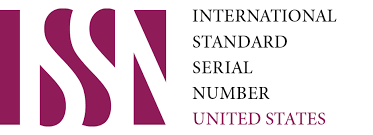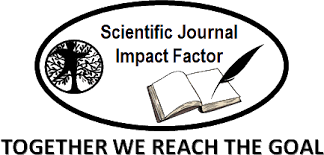The Impact of AI on Endangered Languages: Can Technology Save or Kill?
Keywords:
endangered languages, artificial intelligence, language preservationAbstract
This article examines the impact of artificial intelligence (AI) on endangered languages, assessing its potential to contribute to preservation or inadvertently accelerate decline. Beginning with a brief overview of the cultural significance of endangered languages, the article outlines challenges in preservation. It surveys historical preservation methods and introduces AI's role. Positive impacts of AI, such as documentation and revitalization, are discussed alongside concerns, including loss of authenticity. Through case studies, the article navigates successes and challenges. The central question, "Can Technology Save or Kill Endangered Languages?" is explored, emphasizing the delicate balance between technological aid and unintended consequences. The conclusion provides insights into the future of AI in language preservation and recommends responsible implementation. This article contributes to understanding the nuanced relationship between technology and endangered languages in academic discourse
References
David Crystal, "Language Death" (2000) - Crystal explores the phenomenon of language death, discussing the reasons behind it and the implications for linguistic diversity.
Nicholas Evans, "Dying Words: Endangered Languages and What They Have to Tell Us" (2009) - Evans discusses the richness of linguistic diversity and the importance of preserving endangered languages.
K. David Harrison, "When Languages Die: The Extinction of the World's Languages and the Erosion of Human Knowledge" (2007) - Harrison explores the cultural and intellectual loss associated with language extinction.
Susan Ervin-Tripp, "Culture, Language, and Thought: Psychological Development in Cultural Context" (1996) - Ervin-Tripp's work delves into the intersection of culture, language, and cognitive development.
Lyle Campbell, "Language Documentation and Description" (2011) - Campbell addresses the methodologies and challenges of documenting endangered languages.
Lenore A. Grenoble, "Language Policy in the Soviet Union" (2003) - Grenoble explores language policies in the Soviet Union, touching on their impact on minority languages.
Leanne Hinton, "Bringing Our Languages Home: Language Revitalization for Families" (2013) - Hinton focuses on language revitalization efforts at the family level.
Peter Austin, "One Thousand Languages: Living, Endangered, and Lost" (2008) - Austin provides an overview of the world's languages, including discussions on endangered languages.
Tove Skutnabb-Kangas "Linguistic Genocide in Education—Or Worldwide Diversity and Human Rights?" (2000) - Skutnabb-Kangas discusses linguistic diversity, education, and human rights.
Salikoko S. Mufwene M. "The Ecology of Language Evolution" (2001) - Mufwene explores the ecological factors influencing language evolution, touching on issues related to language endangerment.
Downloads
Published
Issue
Section
License

This work is licensed under a Creative Commons Attribution 4.0 International License.
User Rights
Under the Creative Commons Attribution-NonCommercial 4.0 International (CC-BY-NC), the author (s) and users are free to share (copy, distribute and transmit the contribution).
Rights of Authors
Authors retain the following rights:
1. Copyright and other proprietary rights relating to the article, such as patent rights,
2. the right to use the substance of the article in future works, including lectures and books,
3. the right to reproduce the article for own purposes, provided the copies are not offered for sale,
4. the right to self-archive the article.













